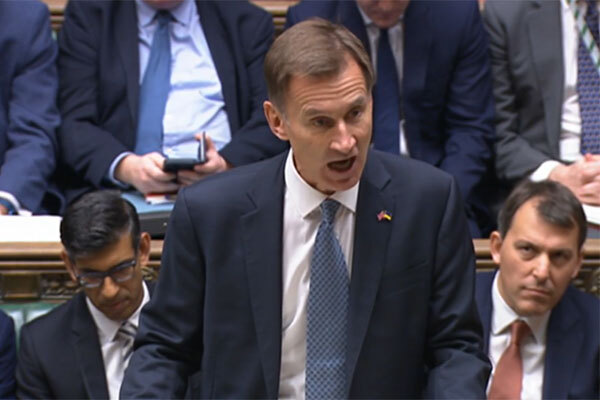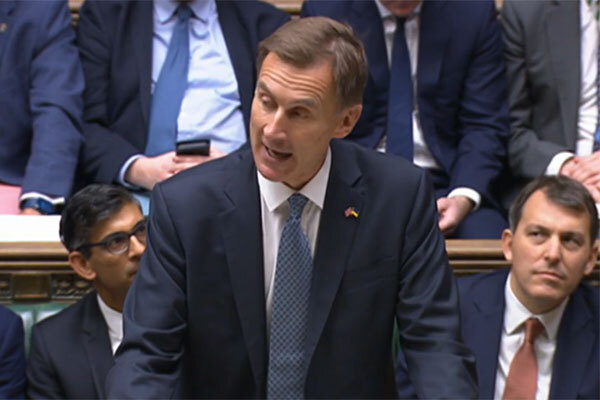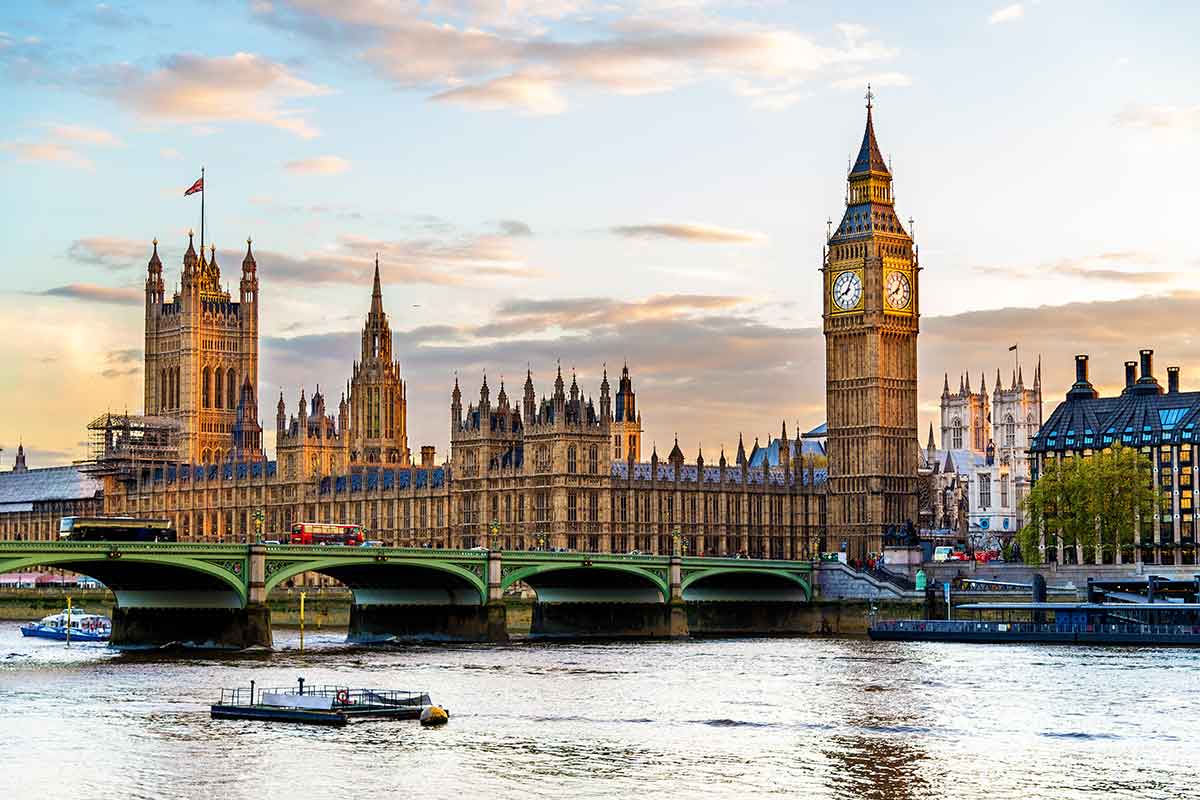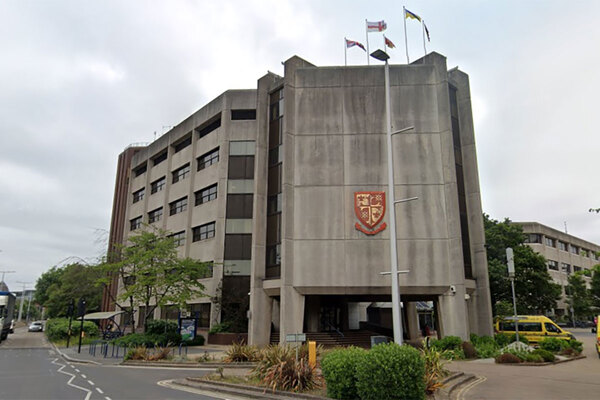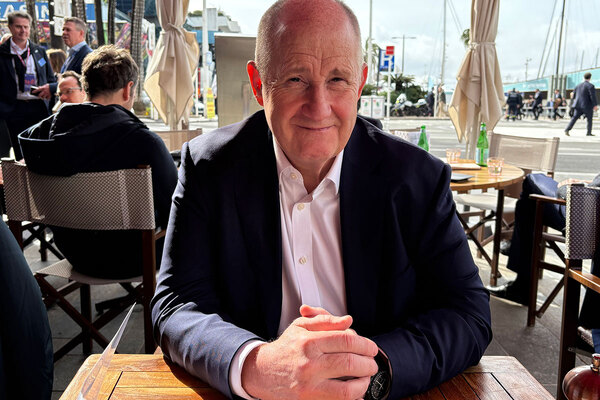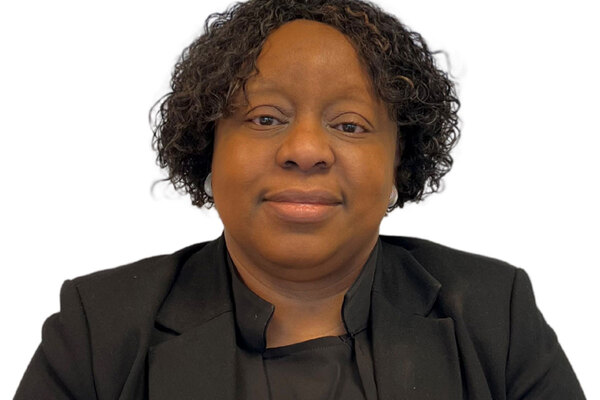 Kate Henderson
Kate Henderson
Kate Henderson is Chief Executive of the National Housing Federation (NHF), the voice of housing associations in England.
...moreThe rent package announced yesterday was the right one. Now, here’s the housing association pledge
The government’s decision to cap social rent increases at 7% in England next year was a difficult but important one. Without it, some providers would no longer be able to operate and others would have had to significantly cut back on services, explains Kate Henderson
In June this year, the National Housing Federation approached the government to highlight our concerns about rising inflation, its impact on residents and the challenge of managing rising costs and competing priorities. We proposed working together on an approach to rents that would ensure both affordability for residents and ongoing investment in homes and services.
The past six months have seen detailed and constructive engagement with secretaries of state and officials from across the government.
In August, I met with Greg Clark to discuss the government’s plans to consult on a rent cap. While our preference was for housing associations’ boards to make decisions on rent, we recognised the government’s interest in ensuring consistency for tenants.
I want to thank our members for the information they have shared, which has been fundamental to our conversations with the government. Evidence from members demonstrated that a cap of any less than 7% would mean some providers would no longer be able to operate and others would have to significantly cut back on services for residents.
I met with Michael Gove soon after his return to the department. It was clear the housing secretary wanted to listen, to understand the evidence and to engage in a meaningful discussion about how to safeguard affordability for residents alongside investment in new and existing homes and services.
It is abundantly clear that Mr Gove is committed to good-quality social housing and understands the need for long-term investment.
We also discussed the situation facing shared owners. I was able to confirm that discussions were underway with members to explore what protections might be possible on a voluntary basis.
The announcement made by the government yesterday to cap social rents increases at 7% was a difficult but important one. It will ensure that essential services for residents are not put in jeopardy.
And the exemption from the rent cap for supported housing providers will also be critical in ensuring supported housing schemes for some of the most vulnerable people in the country can stay open.
However, the impact that any increase in rents could have on tenants whose rent is not fully covered by housing benefit is front and centre of our minds.
Housing associations are committed to supporting their residents through this crisis. Each provider has put additional support for those who are struggling, such as hardship funds, financial advice, help applying for benefits and employment support.
The sector has also reiterated its pledge that no tenant will be evicted as a result of financial hardship as long as they are engaging with their landlord.
Alongside social housing residents, we know it was important to the sector to be able to protect shared owners from rent increases. The decision on the social rent cap will allow that to happen, and yesterday housing associations representing more than 80% of shared owners committed to capping shared ownership rent increases at 7%.
This was never going to be an easy decision, but we think the package announced yesterday was the right one. The priority now must be to ensure residents experience the benefits of long-term investment in their services, homes and communities.
Kate Henderson, chief executive, National Housing Federation
Sign up for our daily newsletter
Already have an account? Click here to manage your newsletters

